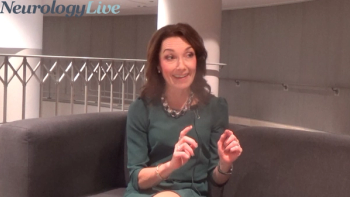
The professor of clinical geriatric epidemiology at Karolinska Institutet discussed a subgroup analysis of the FINGERS trial and the clinical utility of the precursor to serum brain-derived neurotrophic factor. [WATCH TIME: 3 minutes]

The professor of clinical geriatric epidemiology at Karolinska Institutet discussed a subgroup analysis of the FINGERS trial and the clinical utility of the precursor to serum brain-derived neurotrophic factor. [WATCH TIME: 3 minutes]
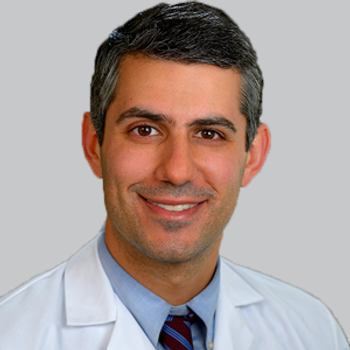
The case-control study identified numerous motor symptoms and signals that are associated with Parkinson disease diagnosis years after they begin to occur.
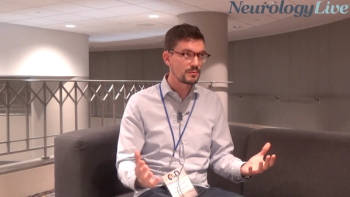
The cognitive and behavioral neurology fellow at Pitié-Salpêtrière Hospital in Paris, France, provided perspective on the reasons to not solely rely on anti-amyloid treatments to treat Alzheimer disease. [WATCH TIME: 3 minutes]

Here's some of what is coming soon to NeurologyLive® this week.

Over a 12-week trial, females with MS on bupropion demonstrated improvements in sexual satisfaction, sexual desire, vaginal moisture, and orgasm intensity.
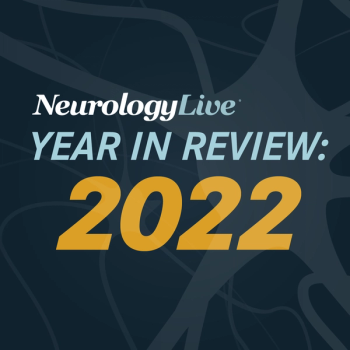
These were the most-watched interviews with experts in sleep disorders that we conducted in 2022, brought to you as part of NeurologyLive®'s Year in Review.
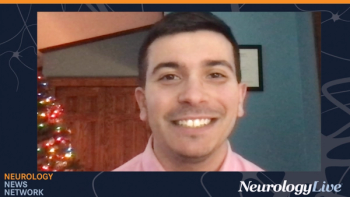
Neurology News Network for the week ending December 31, 2022. [WATCH TIME: 3 minutes]

These were the most-watched interviews with experts in stroke and brain injury that we conducted in 2022, brought to you as part of NeurologyLive®'s Year in Review.

As part of NeurologyLive®'s Year in Review, take a look at our most-read news in multiple sclerosis in 2022.

In 2022, these episodes of the Mind Moments® podcast got the most attention from listeners, with this list brought to you as part of NeurologyLive®'s Year in Review.

These were the most-watched interviews with experts in neuromuscular disorders that we conducted in 2022, brought to you as part of NeurologyLive®'s Year in Review.

As part of NeurologyLive®'s Year in Review, take a look at the top most-read news in movement disorders in 2022.

These were the most-read FDA approval stories that were part of our coverage in 2022, brought to you as part of NeurologyLive®'s Year in Review.

These were the most-watched interviews with experts in movement disorders that we conducted in 2022, brought to you as part of NeurologyLive®'s Year in Review.
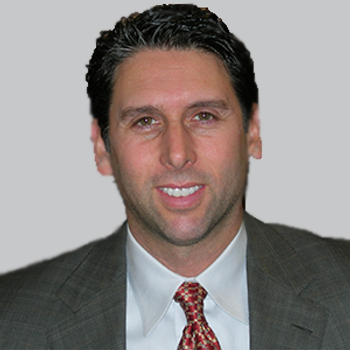
Marketed as Briumvi, the TG Therapeutics treatment becomes the third anti-CD20 agent approved for relapsing multiple sclerosis and is expected to become available in the first quarter of 2023.

The executive director of Banner Alzheimer’s Institute discussed the efforts being done within the field to improve prevention and therapeutics for Alzheimer disease.

These were the most-watched interviews with experts in multiple sclerosis that we conducted in 2022, brought to you as part of NeurologyLive®'s Year in Review.

As part of NeurologyLive®'s Year in Review, take a look at our most-read news in stroke and cerebrovascular disease in 2022.

These were the most-watched episodes of 2022 from our various video series, brought to you as part of NeurologyLive®'s Year in Review.

These were the most-watched interviews with experts in headache and migraine that we conducted in 2022, brought to you as part of NeurologyLive®'s Year in Review.

As part of NeurologyLive®'s Year in Review, take a look at the most-read news articles on our site in sleep disorders in 2022.

Here's some of what is coming soon to NeurologyLive® this week.
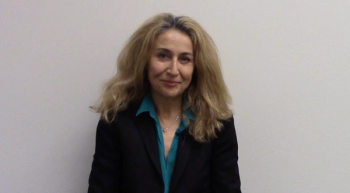
At the 2022 AES annual meeting, the associate professor at Harvard Medical School and neurologist at the Brigham and Women's Hospital talked about sleep testing for patients with epilepsy. [WATCH TIME: 3 minutes]

These were the most-watched interviews with experts in epilepsy and seizure disorders that we conducted in 2022, brought to you as part of NeurologyLive®'s Year in Review.

Test your neurology knowledge with NeurologyLive®'s weekly quiz series, featuring questions on a variety of clinical and historical neurology topics. This week's topic is neurology news in 2022.
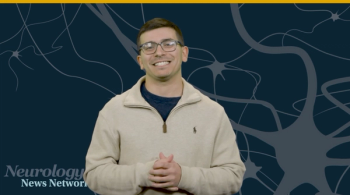
Neurology News Network for the week ending December 24, 2022. [WATCH TIME: 4 minutes]

Take 5 minutes to catch up on NeurologyLive®'s highlights from the week ending December 23, 2022.

As part of NeurologyLive®'s Year in Review, take a look at our top news articles in headache and migraine in 2022.
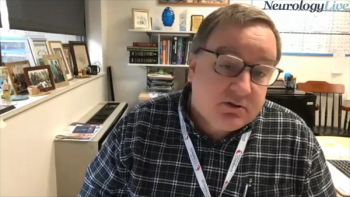
The director of the Tuberous Sclerosis Clinic at Cincinnati Children’s discussed the neurodevelopmental impacts delaying seizures could lead to in tuberous sclerosis complex. [WATCH TIME: 2 minutes]

The past year has provided great steps forward in sleep science, and coupled with the lingering difficulties in care and the COVID-19 pandemic’s effects, the field is coming to a head to make sleep health a public health priority.